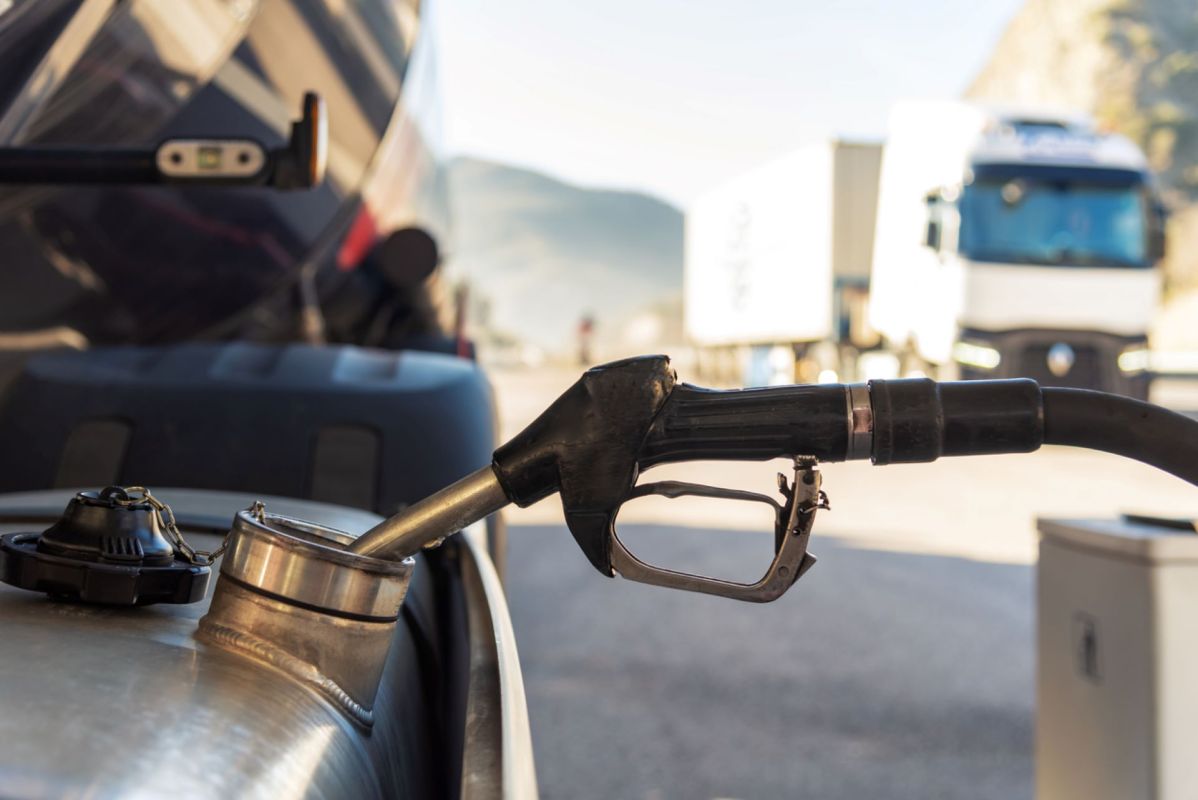A fact-checker has condemned a TikTok hack that suggests using gasoline to kill wasps.
In a recent TikTok, Marian, fact checker with Verify (@Verifythis), broke down a trend that involves using gasoline to kill a wasp nest — and insisted that viewers use tried-and-true methods instead.
@verifythis Fact-checking the trend of using #gas to kill #wasp nests. #tiktokhacks #deadwasps #greenscreen #greenscreenvideo ♬ original sound - VERIFY
"You can kill a wasp nest by putting a plastic cup half-filled with gasoline up to it, but this isn't really safe," Marian says in the video.
Marian spoke with Dr. Michael Raupp, an entomologist from the University of Maryland. He told Verify, "This [hack] sounds like a very foolish thing to do. Gasoline vapor is highly flammable and if there was a spark or flame nearby, these folks might immolate themselves or burn down their house."
Marian also notes that gasoline has the potential to cause health effects when ingested, inhaled, or even when it comes in contact with your skin, including a kind of chemical pneumonia that is potentially fatal if gasoline enters your lungs.
If that's not enough, the cups that people use for the trend are adding flame to the fire. Gasoline is ordinarily only stored and transported in specifically approved containers, not regular plastic cups. It's also difficult to dispose of gasoline, as it belongs in a hazardous waste disposal site.
Marian's solution to getting rid of a wasp nest is as straightforward as they come: using an aerosol wasp spray like Raid. She notes that the chemicals in these sprays are also toxic, but don't require you to get close to them because the aerosol cans are designed so that you can spray the nests from up to 20 feet away — rather than the gasoline method that forces you to get incredibly close to both the wasp nest and the chemicals.
The most surprising piece of information in the video has to do with labeling. Marian explains that there are two different types of warnings on wasp spray cans — one that says "caution" and one that says "warning" or "danger." Marian says that according to the Penn State College of Agricultural Sciences, the bottles marked "caution" have less toxic chemicals than the alternatives.
Users shared their own insights in the comments.
"Let's be thankful they aren't using styrofoam cups 😅," one eco-friendly user said.
"I'm sorry this actually had to be said," another commenter wrote.
"So important! Thank you," a third user commented.
Join our free newsletter for easy tips to save more, waste less, and help yourself while helping the planet.









